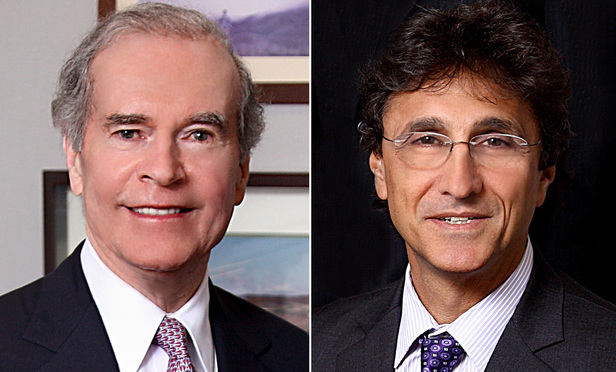In most medical malpractice actions, the defendants and other medical professionals who rendered the care and treatment that is the subject of the lawsuit do not have specific recollections of all of the events. Therefore, they often testify about their custom and practice. Seldom, if ever, does a defendant testify to a custom and practice that violates the standard of care. Accordingly, this testimony can be very self-serving. It has been 21 years since we addressed the case law analyzing the admissibility of evidence of habit or routine practice. See Moore & Gaier, Evidence of a Doctor’s Routine Practice, N.Y.L.J. Dec. 1, 1998, p. 3. There have since been a handful of significant decisions on the issue, and they are the subject of this column.
By way of background, in Halloran v. Virginia Chemical, 41 N.Y.2d 386 (1977), the Court of Appeals addressed the admissibility of evidence of habit in negligence actions. Before that, neither plaintiffs nor defendants were permitted to submit proof of prior conduct to prove negligence or lack thereof. The plaintiff in Halloran, a mechanic, was injured when a can of refrigerant manufactured by the defendant exploded. The plaintiff testified that the explosion occurred while he was heating the contents of the can in order to loosen it by submersing it in water at a temperature of 90 to 100 degrees, which was the proper method. Heating at higher temperatures, however, would be dangerous, as indicated on the warning label. At trial, the defendant was precluded from eliciting testimony from a non-party witness that the plaintiff had previously used an immersion heating coil to heat the contents of refrigerant cans, which the plaintiff denied ever doing. The Court of Appeals reversed, finding that if the evidence indicated that the plaintiff habitually or regularly used a heating coil for that purpose, it would be admissible to prove that he followed that procedure on the day of the explosion. The court stated that such evidence is not admissible if it is “likely to vary from time to time depending upon the surrounding circumstances,” but that evidence of a “deliberate and repetitive practice” should be admissible. To justify the introduction of such evidence, the court held, the proponent must show “a sufficient number of instances of the conduct in question” to warrant a finding of habit or regular usage.
This content has been archived. It is available through our partners, LexisNexis® and Bloomberg Law.
To view this content, please continue to their sites.
Not a Lexis Subscriber?
Subscribe Now
Not a Bloomberg Law Subscriber?
Subscribe Now
LexisNexis® and Bloomberg Law are third party online distributors of the broad collection of current and archived versions of ALM's legal news publications. LexisNexis® and Bloomberg Law customers are able to access and use ALM's content, including content from the National Law Journal, The American Lawyer, Legaltech News, The New York Law Journal, and Corporate Counsel, as well as other sources of legal information.
For questions call 1-877-256-2472 or contact us at [email protected]


 Thomas A. Moore and Matthew Gaier
Thomas A. Moore and Matthew Gaier




